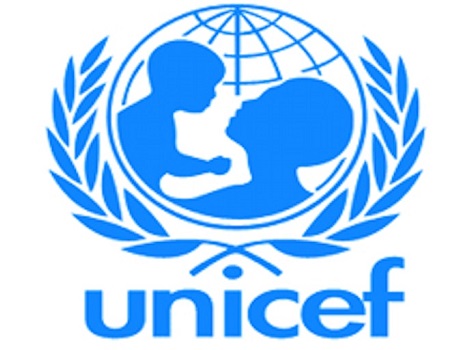Nigeria faces a daunting sanitation crisis, with the United Nations Children’s Fund (UNICEF) estimating that the nation needs an additional 11 million toilets. In a call to action, UNICEF has urged the private sector to step up and take a more proactive role in tackling the dire issue of open defecation.
A high-level meeting in Lagos recently brought together key government figures, private sector players, and international organisations to discuss solutions to the problem. The participants highlighted the severe health, economic, and social impacts of open defecation and called for swift measures to improve the country’s sanitation infrastructure and encourage behavioural change.
Dr Jane Bevan, UNICEF’s Chief of Water, Sanitation, and Hygiene (WASH) in Nigeria, stressed the magnitude of the challenge, noting that around 48 million Nigerians still lack access to toilets. “Nigeria remains one of the worst offenders globally for open defecation,” she said, urging for a collaborative effort. “The government alone cannot solve this problem. We need a multi-faceted approach that includes the private sector.”
Bevan pointed out the potential for private investment in sanitation, especially in urban areas like Lagos, where public toilets are in high demand. She highlighted how private businesses could support small enterprises involved in providing sanitation services. Citing Bauchi State as an example, she mentioned how UNICEF, in partnership with the government, has introduced revolving loans for sanitation businesses.
The Chief of the UNICEF Lagos Field Office, Céline Lafourcade, echoed these sentiments, stressing the importance of the private sector’s role in solving the sanitation crisis. She noted the urgent need for investment and collaboration to ensure access to proper sanitation for all Nigerians. “We need all hands on deck,” she said. “With an estimated 11 million toilets urgently needed, this is a huge economic opportunity not just for the private sector, but for the population and the government as well.”
Lafourcade also underscored the economic benefits of investing in sanitation, highlighting the potential for job creation and the empowerment of young people within the sector. She called for a united front, stating that addressing this issue requires the combined efforts of the Nigerian government, development partners, and private businesses.
The sanitation crisis, while severe, presents a significant opportunity for economic growth, innovation, and improved public health in Nigeria.






Leave a Reply